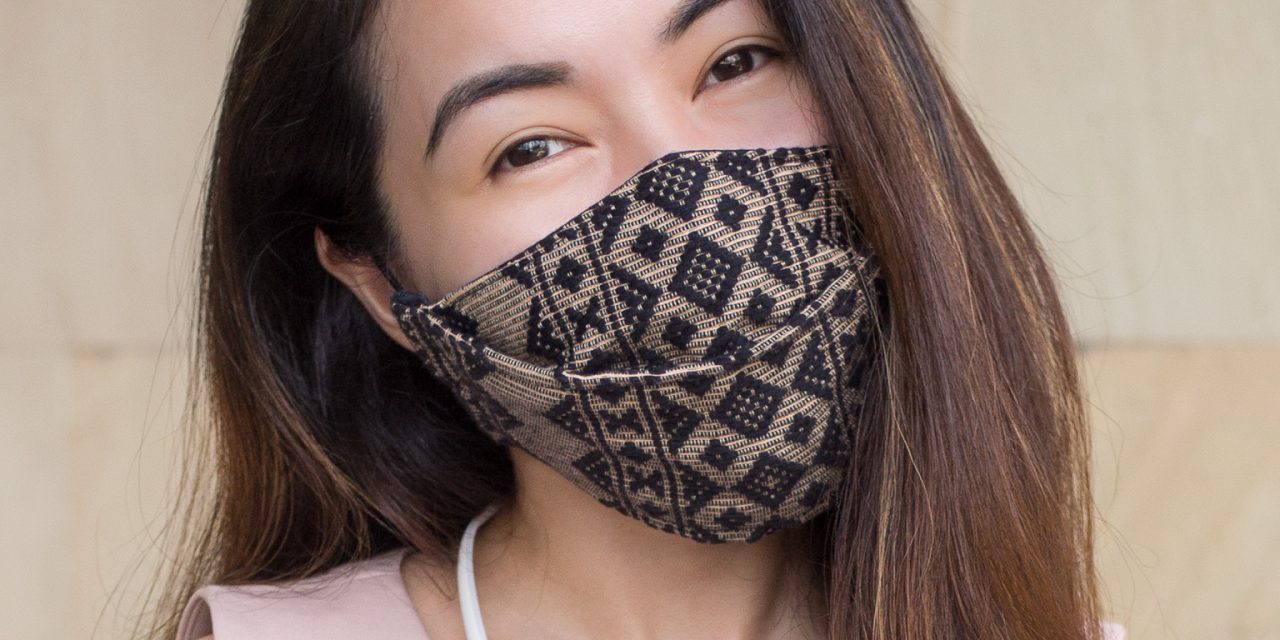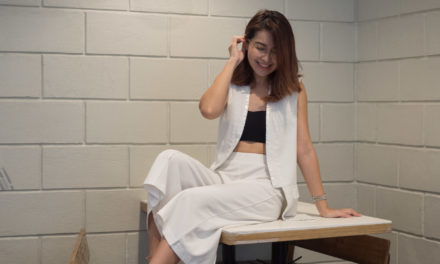Face Mask Acne a.k.a. “Maskne” is not a myth.
Maskne can involve various skin conditions. Most of the time, it’s caused by clogged pores due to sweat, oil, bacteria, dead skin cells, and even friction from masks.
I, myself, experienced it. At the start of the pandemic (and when I started wearing face mask), I noticed I’ve been getting breakouts around the chin and lower part of the cheeks. I thought it was just the time of the month and my hormones were acting up or I was too stressed out whenever I had to leave the house. Until one day, my friends shared the same experience and we figured it’s actually the face mask that’s causing our breakouts.
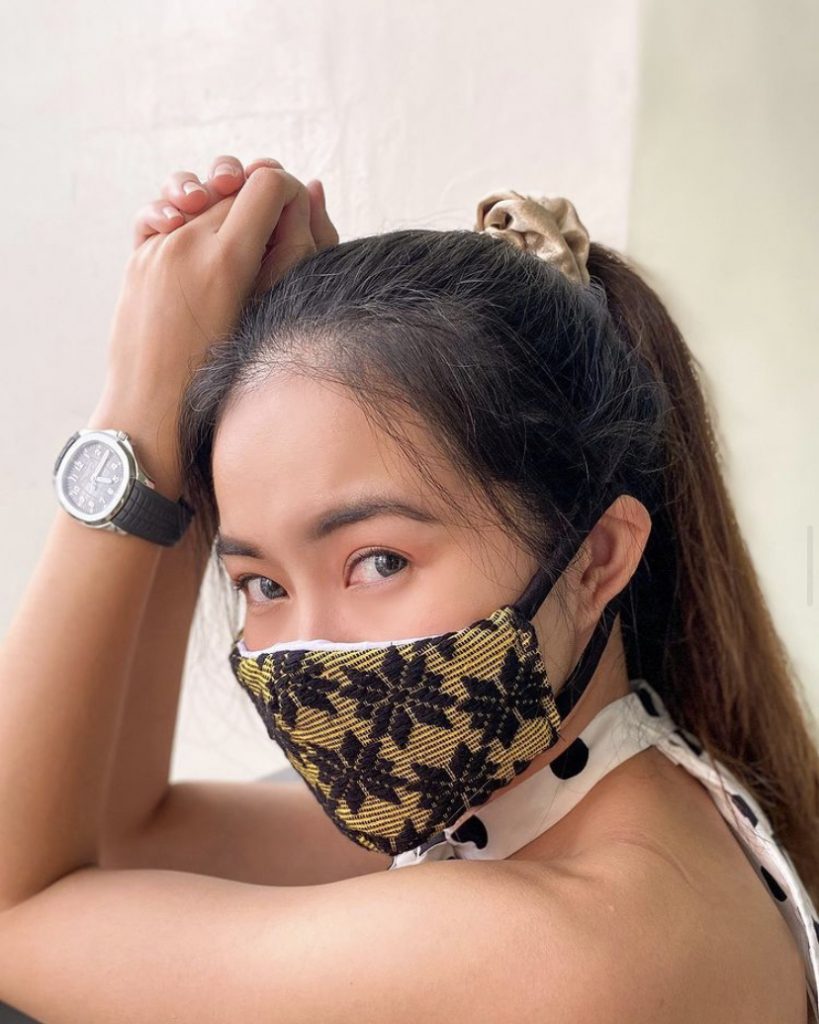
Here are some tips to prevent and treat maskne.
- Wash cloth mask after every use. If you have sensitive skin, use unscented hypoallergenic laundry soap.
- Do not reuse the disposable face mask.
- Wash your face after wearing a mask. I personally use facial cleansers with salicylic acid or exfoliating scrub at night and a gentle facial cleanser in the morning.
- Moisturize! Although some skip moisturizer before wearing a face mask to avoid clogging of pores, it can actually serve as a barrier between your skin and your mask. Wearing a mask with dry skin can cause friction and irritation. Choose a non-comedogenic moisturizer.
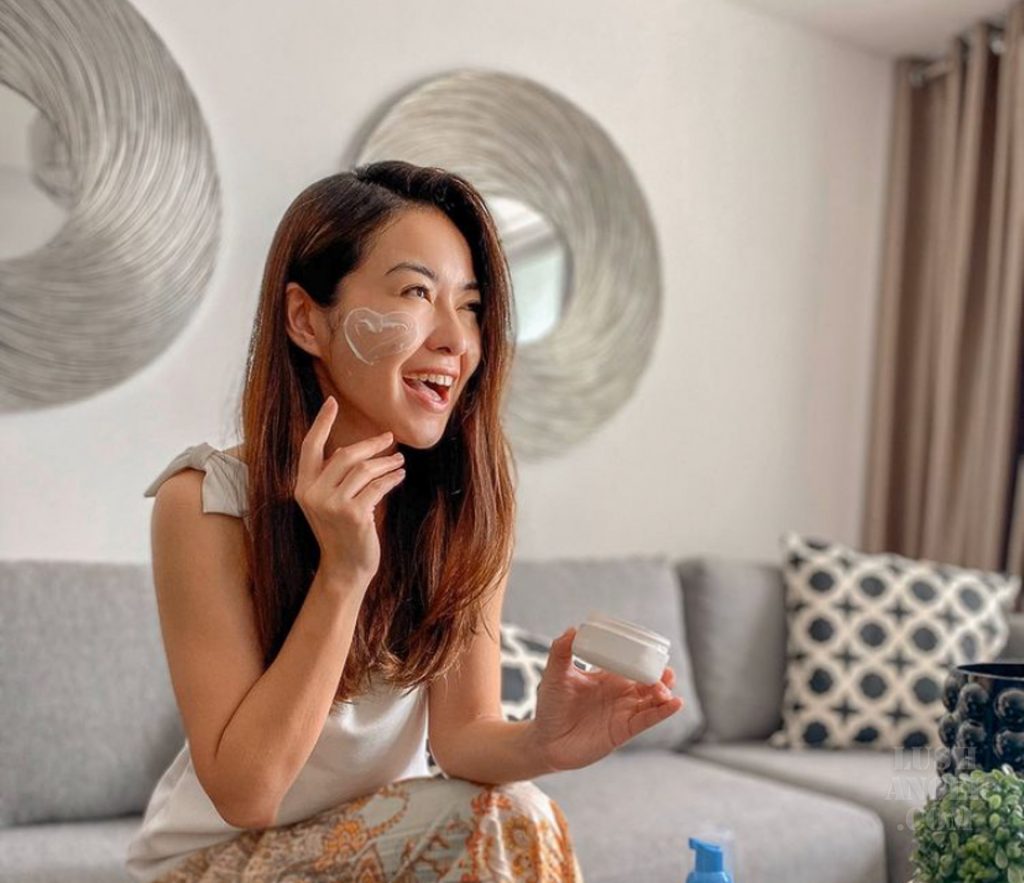
- Step up your skincare game by incorporating acids, like products with AHA and BHA to exfoliate skin. Salicylic acid helps unclog pores. REMINDER! You might need to ask your dermatologist on this, especially if you have dry skin, sensitive skin, and other skin issues.
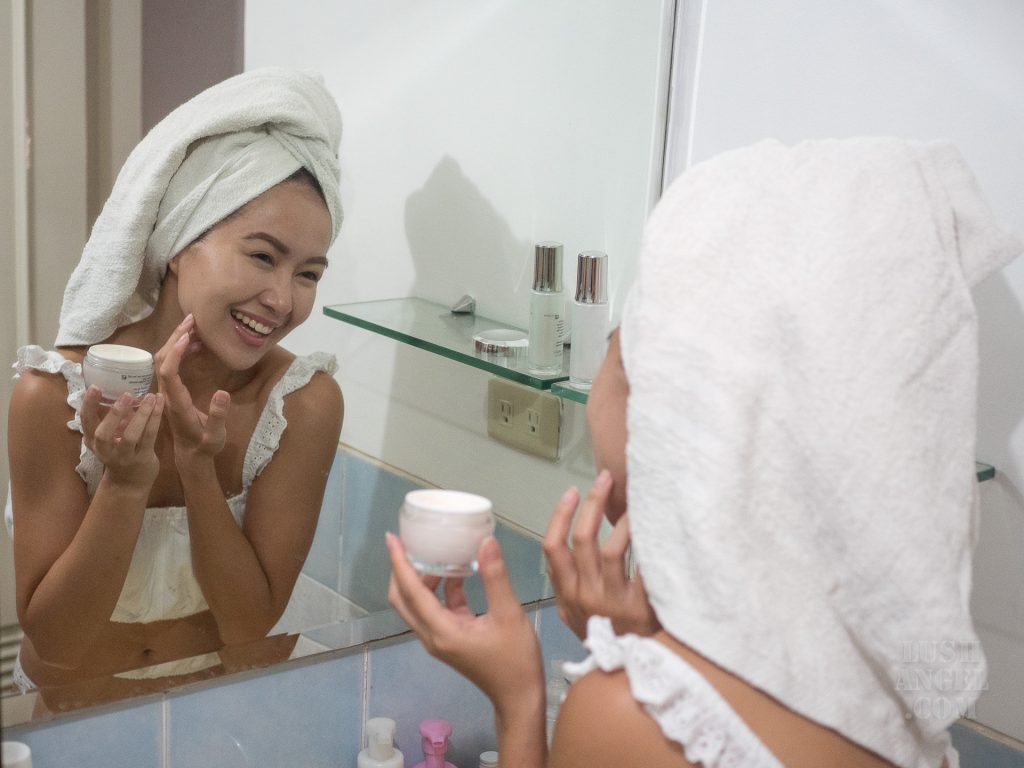
- Once you feel there’s a pimple starting, use an acne spot-on treatment. In my experience, spot-on treatments work best when pimples are about to form.
- If your acne seems uncontrollable, try anti-acne supplements, such as Lactezin. This one is my newest discovery.
Lactezin by Unilab is an over-the-counter drug, which you can add to your anti-acne routine. Again, as a reminder, it’s best to consult your doctor if you have health conditions or are pregnant or lactating.
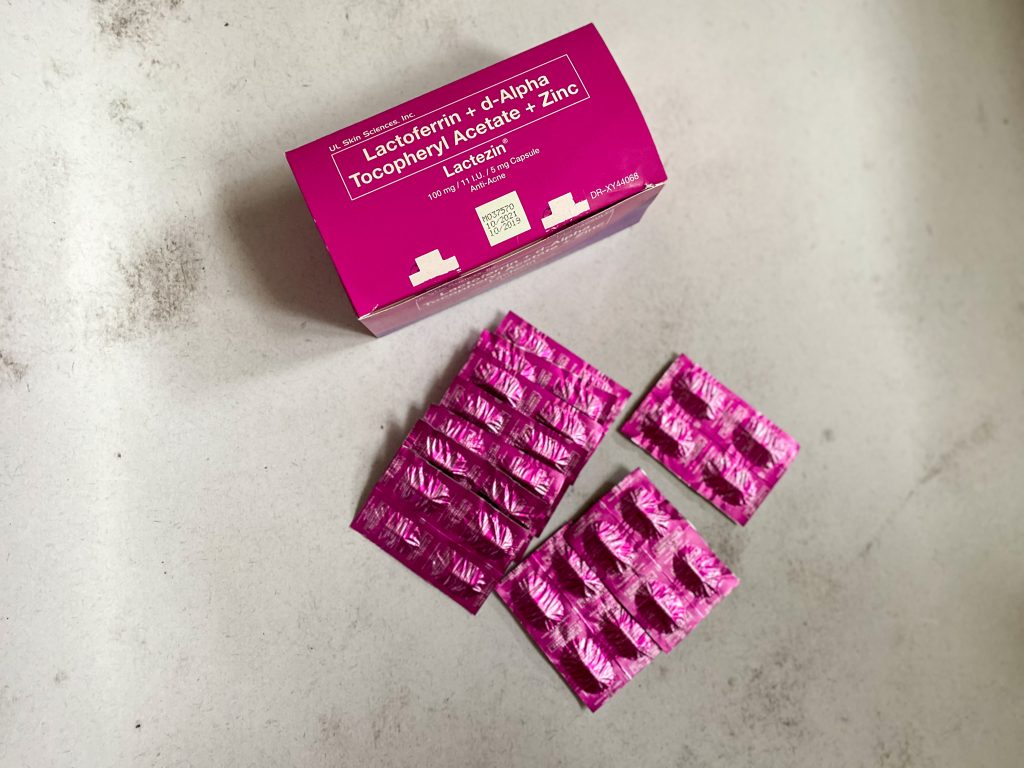
How is Lactezin effective in treating acne?
It contains 3 key ingredients: Lactoferrin, Vitamin E and Zinc.
Lactoferrin helps fight pimple-causing bacteria, reduces sebum and inflammation.
Vitamin E helps maintain healthy skin cells.
Zinc has oil-regulating properties to help improve skin appearance
Lactezin Benefits Immunity
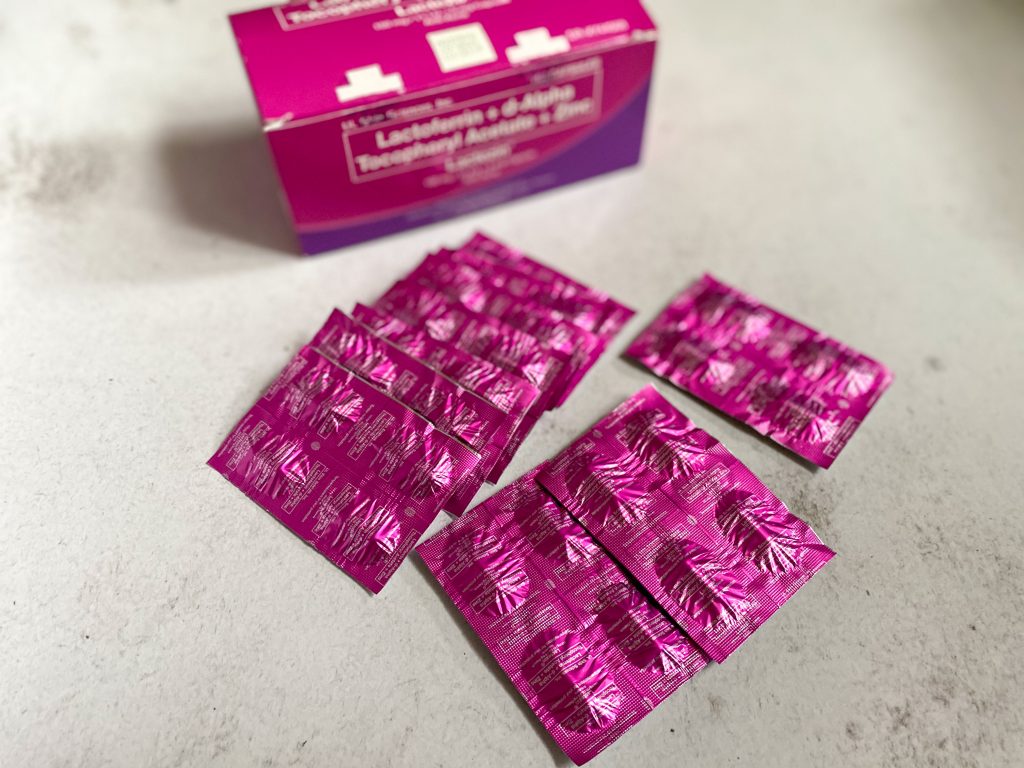
Not only can this anti-acne treatment help in lessening pimples, Lactezin benefits immunity as well. Lactoferrin and Zinc are known to enhance the body’s immune system, which is what we need these days.
Aside from a healthy diet and exercise, I make sure to take tons of supplements to boost my immune system and it is good to know that 2 of the key ingredients of Lactezin benefit immunity.
Lactezin Experience
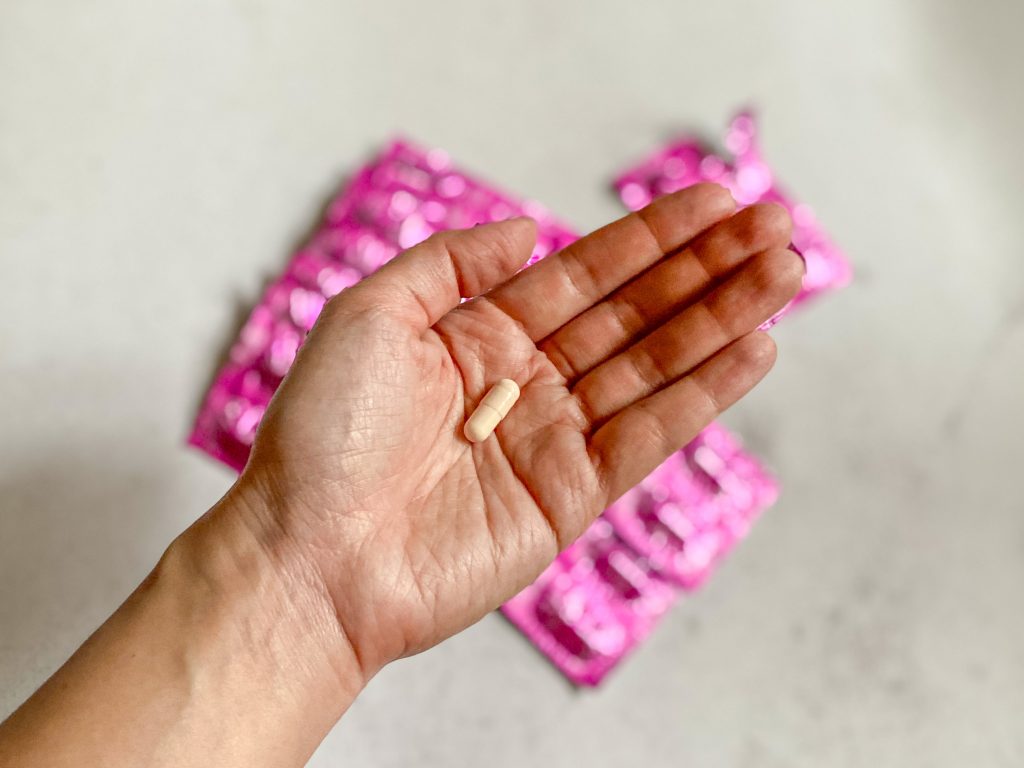
To help boost my immune system, I tried taking Lactezin 2x a day, which is the recommended dosage, for about a week. I didn’t feel any side effects. I also normally get 1-3 pimples when I’m about to get my period. Surprisingly, I didn’t get any this month and I’d definitely thank Lactezin for that!
Although wearing face mask is now part of the new normal, maskne shouldn’t! Try my tips above and let me know if it worked!
For instant beauty, fashion, travel, fitness, or random updates from me, LIKE lushangelblog on FACEBOOK, FOLLOW lush_angel on TWITTER and lush_angel on INSTAGRAM.

